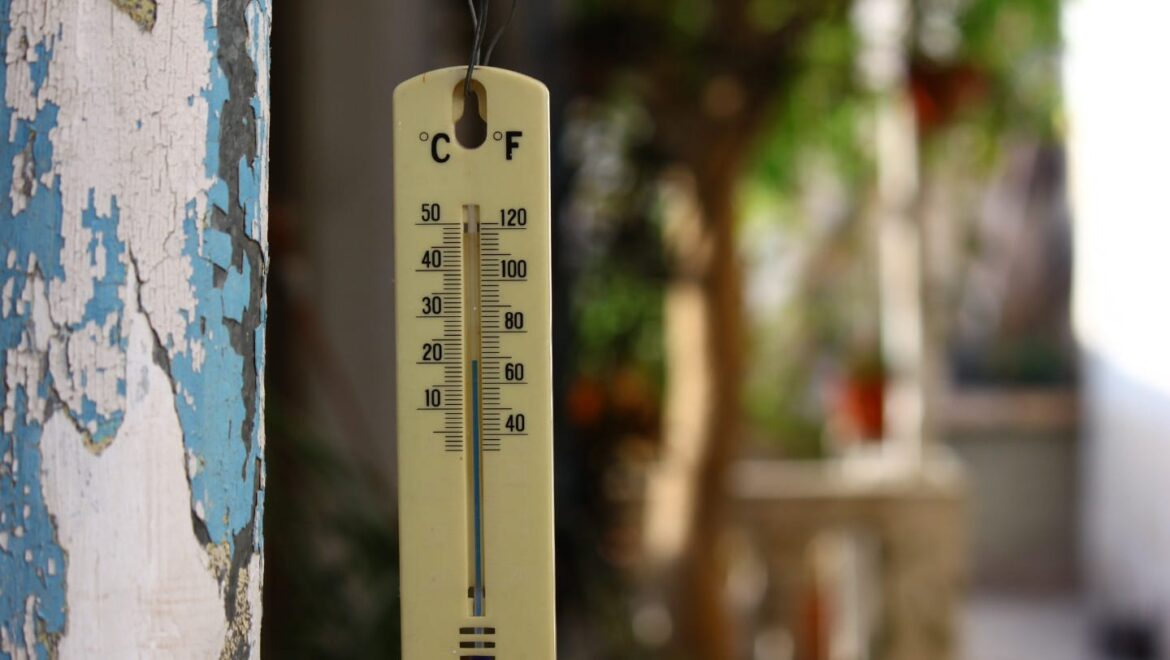
If you ever feel chilly, go grab a jacket and only have your parents or grandparents tell you, “It’s not that cold.” It might just be confirmation bias, but it seemed that older people just don’t mind the cold. That’s not to say that what we’re about to delve into has no difference when it comes to perceived temperature. But did you know that scientific data shows that when we’re born, our temperatures drop for 200 years, and it may keep up?
The “Average”
In the 1800s, A physician in Germany came up with the “average” 98,6 degrees Fahrenheit that we use today. But that was two centuries ago, and modern science is now showing us that the average temperature might ever slightly be going down.
Dr. Julie Parsonnet, a professor of medicine stated, “What everybody grew up learning, which is that our normal temperature is 98.6, is wrong.” A study on British citizens has shown that the average temperature is much lower than the established average in 1851. In nearly 200 years, it appears that at least the test group of 35,000 people was shockingly lower by 0,7 degrees at 97,9 degrees Fahrenheit.
Extensive Studies
Dr. Parsonnet hasn’t stopped there. She’s done extensive studies. She looked at over 677,00 average body temperatures from 1862 – 1930, 1971 – 1975, and finally, 2007 – 2017.
With all that data, Parsonnet has concluded that males born in the 21st century have a lower body temperature by 1,06 degrees over men living in the 1800s. Women have a 0,51-degree difference, but it’s still significant in telling us that something is changing over time with our body temperature. It seems like a steady decline because it’s also dropped from the 1960s to the present day.
Rarely Gets To 98,6 Degrees
Parsonnet continued, “Even in younger adults, at the end of the day, when temperatures are at their highest, the temperature still doesn’t get up to 98.6. In the elderly, it would be quite unusual to have a temperature as high as 98.6.”
Dr. Bradley Uren, assistant professor of emergency medicine at Michigan Medicine, said, “The threshold for fever is generally held as one °C above normal. A fever is generally held as 38°C or 100.4°F.”
He continued, “It is rare to see a patient at exactly 98.6,” he noted. “A temperature is just one piece of information that physicians must and do consider in determining a course of treatment for an individual.”
Sources:
healthline.com
independent.co.uk
